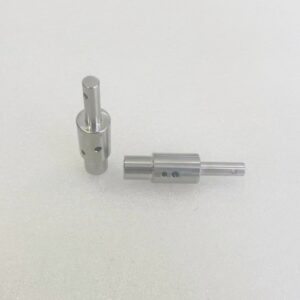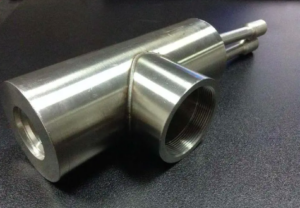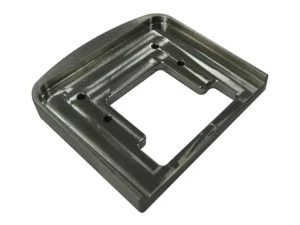A bellows valve is a specialized control valve that incorporates a bellows as the stem sealing element. This unique design offers superior sealing performance, making it ideal for applications demanding strict control of process media.
Table of Contents
ToggleDefinition
A bellows valve is a specialized type of control valve that incorporates a bellows as the stem sealing element. It is characterized by a compact structure, streamlined fluid passage, low-pressure drop, and a wide adjustable range. Bellows valves are often used in applications requiring strict valve stem sealing, such as high vacuum systems and the nuclear industry.
Characteristics
Key features of bellows valves include:
– Bellows Expansion and Contraction: The bellows expand and contract with the movement of the valve stem, and the maximum working pressure is determined by the compressive strength and fatigue strength of the bellows.
– Sealing Mechanism: The bellows separate the medium from the atmosphere, eliminating the need for traditional packing. This results in a more reliable seal, though the structure is more complex and the cost is higher compared to conventional valves.
– Working Principle: The valve is opened by rotating the handle, which drives the valve head assembly connected to the valve stem.
– Sealing Performance: The valve provides reliable sealing, but the structure is more complex and costly compared to other valve types.
– Dead Zone Volume: Compared to membrane valves, bellows valves have a larger dead zone volume.
Structure
The structure of a bellows valve includes:
– Upper Valve Cover: The upper valve cover uses a bellows seal structure, which completely eliminates the possibility of process medium leakage from the valve stem’s moving gap. This is a significant feature of bellows seal valves.
– Corrugated Tube: The bellows component, due to its ability to deform and resist aging, ensures the valve maintains its integrity over time and under varying temperature conditions.
– Double Sealing: The valve employs a bellows-packing double sealing structure, enhancing safety and reliability.
– Actuator: The valve is typically equipped with a multi-spring membrane actuator, which offers a compact structure and high output force.
Performance Specifications
Here are some typical performance specifications for a bellows valve:
– Leakage:
– Metal Valve Seat: Conforms to standard ANSI B16.104 Class VI, with leakage less than 0.5% of the rated Cv.
– PTFE (Teflon) Valve Seat: Conforms to standard ANSI B16.104 Class VI, with a leakage of 10^-7 of the rated Cv (without a positioner) and 5% (without a positioner) or 3% (with a positioner).
– Linearity:
– Without Positioner: 11%
– With Positioner: 3%
Note: Standard V-type PTFE packing is used in the valve design.
Summary
Bellows valves are specialized control valves that offer exceptional sealing performance and are suitable for applications where the medium must be strictly contained. They are more complex and expensive than other valve types but provide superior sealing capabilities and are ideal for use in industries with stringent safety and environmental requirements.
0



